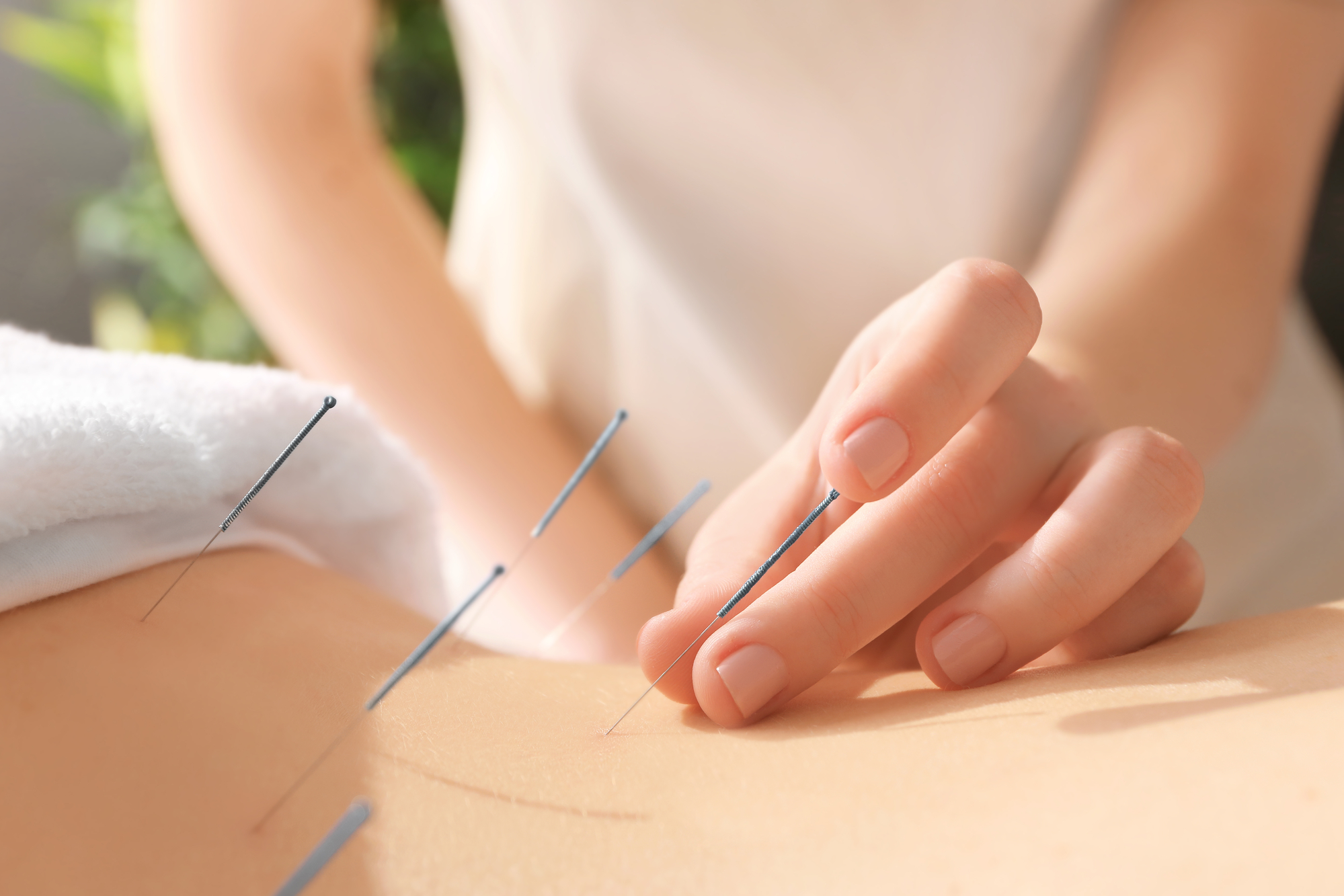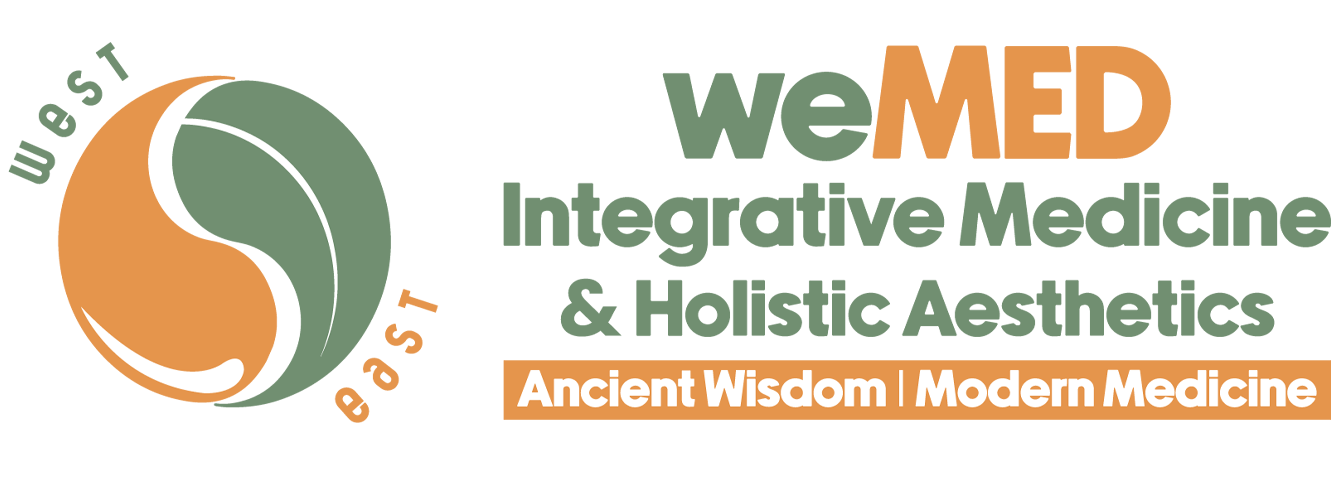The Effects of Acupuncture on Back Pain
Acupuncture has a long history in China, dating back over 2,500 years. It entails the insertion of tiny needles into specific bodily locations. The body possesses almost 2,000 of these spots, according to traditional Chinese medicine. Pathways or meridians connect them, creating a flow of energy known as Qi (pronounced “chee”). The stimulation of these sites is thought to repair qi imbalances and promote energy flow. This, according to practitioners, helps to ease pain and promote health.
The effects are thought to be caused by activating the central nervous system. Chemicals may be released into the muscles, spinal cord, and brain as a result of this. These substances either modify the way you feel about pain or cause physical changes that make you feel better.
Acupuncture, according to certain theories, works by:
- Increasing the speed with which electromagnetic impulses are relayed. This may trigger the release of pain-relieving molecules like endorphins. It could also cause the body to discharge immune system cells.
- The release of natural opioids is triggered. These are brain chemicals that may help with pain relief or sleep.
- Changing the release of neurotransmitters and neurohormones to affect brain chemistry. Nerve impulses are either stimulated or dampened by neurotransmitters. Neurohormones can influence the function or activity of a body organ.

Looking for effective acupuncture in Houston, TX? Call us today (713) 572-3888
Is there any scientific evidence for acupuncture?
Acupuncture’s mechanism of action isn’t totally known. Acupuncture is supposed to work for back pain in a number of different ways:
- The nerve system is stimulated. Acupuncture-stimulated trigger points may release substances from the spinal cord, muscles, and brain. Some of them may have natural pain-relieving properties.
- The body produces opioid-like molecules, which are then released. Acupuncture may release pain-relieving molecules, similar to the hypothesis above. These are substances that occur naturally in the body and have qualities that are similar to opioid pain medications. (Morphine and hydrocodone are two examples.)
- Neurotransmitters are released. Hormones that regulate the on/off mechanisms of various nerve terminals deliver messages. Acupuncture may activate some of the pain-suppressing mechanisms.
Acupuncture is a comprehensive treatment that can be a fantastic pain reliever
Researchers in China, the United States, and other nations have investigated acupuncture, how it works, and its effectiveness in treating back pain and other sources of body pain extensively. Acupuncture helps to unblock and move the body’s energy (Qi [chee]) through the body’s functional systems, including the neurological, respiratory, circulatory, muscular, and digestive systems.
“Results from a variety of studies suggest that acupuncture may help reduce chronic low back pain, neck discomfort, and osteoarthritis/knee pain,” according to the National Center for Complementary and Integrative Health (NCCIH). It may also help prevent migraine headaches and lessen the incidence of tension headaches.” https://www.nccih.nih.gov/health/acupuncture-in-depth
A group of Chinese researchers recently released the findings of a study involving 751 patients with low back pain. Before and after acupuncture therapy, the researchers meticulously measured each patient’s pain level and functional abilities. Acupuncture may have a “favorable effect on self-report pain and functional constraints in LBP [low back pain] patients,” according to the study. https://pubmed.ncbi.nlm.nih.gov/27505963/
Patient Cases
Looking for effective acupuncture in Houston, TX? Call us today (713) 572-3888
What Are the Benefits of Acupuncture for Lower Back Pain?
Acupuncture works by focusing on pressure points in the back of the body to relieve back pain. Needles are put at numerous sites that roughly correspond to body function’s “energy centers” or meridians. Acupuncture can influence the lower back through a variety of meridians, including but not limited to:
- Hands Hips
- Feet on the lower back
- Knees at the back
The needles are put into specific nerve clusters around these locations, which are supposed to help ease lower back stress, pressure, and pain. It’s worth noting that acupuncture has multiple meridians for different types of pain in different places of the body. Each needle is targeted to a specific location, allowing for more targeted treatment.
But how does pricking your body with needles help with lower back pain? There are three basic theories as to why this is beneficial:
1. Effects on the nervous system
The body responds to pain in varying degrees. Because the needles used for acupuncture aren’t serious enough to merit a full-on nervous response from your body, they’re thought to influence the nervous system in other ways. One theory is that the trigger points or meridians used in acupuncture actually help stimulate the nervous system by activating its response in a way that helps manage the pain.
Acupuncture may affect your brain by prompting it to react to specific trigger sites each time a needle is inserted, causing your nervous system to adjust or focus on that point rather than the active pain site. Again, these effects are very transient, but repeated treatments can provide relative short-term pain relief.
2. The release of neurotransmitters
Acupuncture can help reduce pain by activating the many hormones that are activated when the body perceives the presence of a needle. Your acupuncturist can stimulate the creation of hormones that help control the functioning of your nerve endings by placing needles in the right places.
Acupuncture may efficiently deceive the body into shutting off areas so that the patient doesn’t experience any pain by altering nerve endings. It’s vital to remember that this treatment is just temporary because neurotransmitters regenerate over time. Regular acupuncture treatments, on the other hand, can help the body condition itself to ignore or numb the pain.
3. Chemical discharge
Finally, when your body is wounded, acupuncture may stimulate the areas that release pain-relieving chemicals. These chemicals are normally only released after active or severe trauma, therefore chronic pain does not activate them. However, because needles have such a broad influence on the body, it’s more likely to respond by releasing these natural pain relievers.
While these pain medicines aren’t as potent as opioids like morphine, their compatibility with your body implies that regular acupuncture sessions can successfully condition their release. However, it suffers from the same problem in that, while it’s great for managing pain, it may be less efficient in the long run for general pain reduction.
Even though the actual mechanics of acupuncture are unknown, studies on its impact on persons suffering from chronic pain are quite encouraging. While acupuncture is not a major therapeutic option, there is enough evidence to suggest that patients consider it as an alternative to pain medication.




